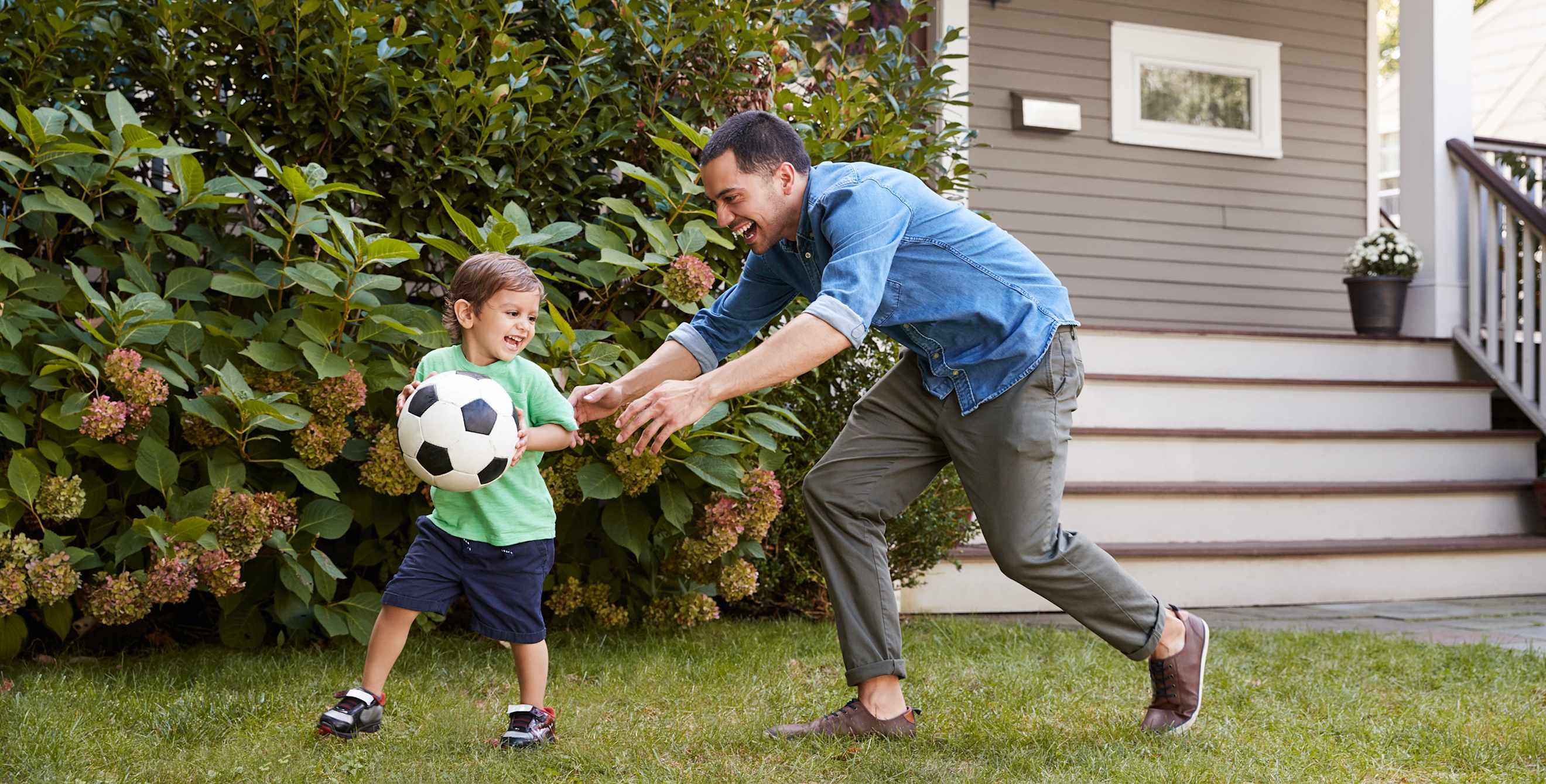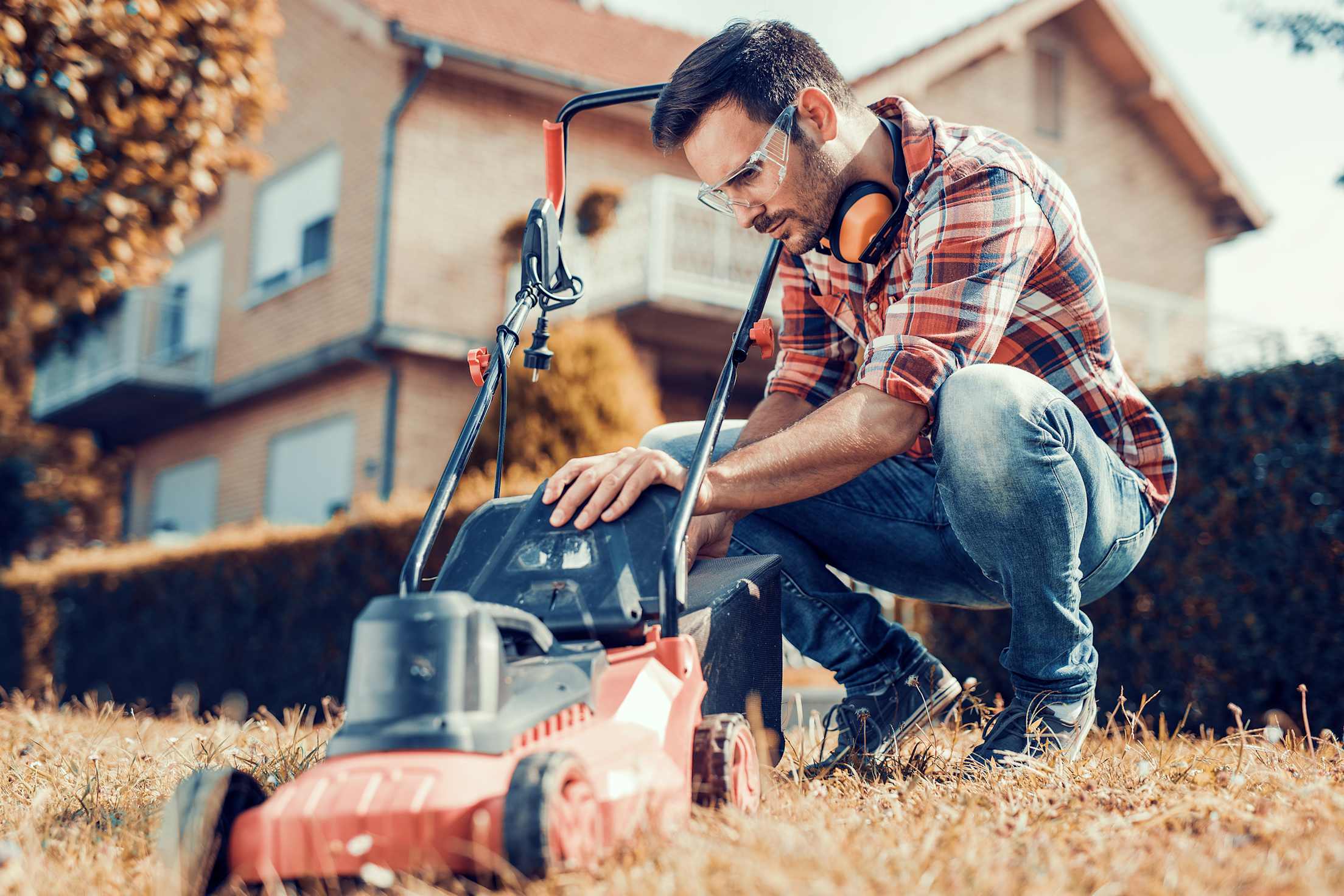
How to be a Good Neighbor
Follow expert etiquette advice to foster community and avoid tension.

We all want to live in a friendly neighborhood, but it’s all too easy to overlook our power to help establish one. You don’t need to have Mister Rogers’s wisdom—or sweater collection—to be a good neighbor and improve your relationships with the people who live nearby. You can build a community of people who care for one another by getting to know your neighbors and leading every interaction with compassion. Follow these tips from etiquette experts and a real estate advisor to become a better neighbor and help create the community you desire, no matter where you live or how long you’re planning to stay.
Know your neighbors.
If a new neighbor moves in—or if you’re the new neighbor—take the initiative by introducing yourself. Whether you live in a multi-unit building or a single-family home, knock on your neighbor’s door during the day, take a step back, and say who you are and where you live. Bring over a bottle of wine, flowers, or a plate of cookies, if it feels right. Offer your phone number and ask for theirs, so you can easily get in touch if something comes up that requires communication.
These gestures instill a sense of community. “It starts out the relationship in a really positive way,” says Alexander Fromm Lurie, real estate advisor and founder of The Lurie Group in San Francisco. “Should there be something that happens that requires neighbors to band together, it’s nice to have a pleasant foundation established.”

Lend a helping hand to a neighbor in need.
Look out for them.
Your neighborhood can be an extension of your family and friends, so look after them as you would anybody else you care about. Always wave, say hello, and be kind. Bring up their newspaper or trash cans from time to time. Let them know if their package has been sitting out or if you get their mail by accident. Being observant and lending a helping hand are key characteristics of good neighbors.
Look for signs of change, advises Elaine Swann, founder of The Swann School of Protocol in Carlsbad, California. By paying attention, you can tune in to your neighbors’ needs, she says, whether they’re going through a major life event or they just need some assistance one afternoon.
In the event of a birth, death, or illness, bring over a meal or card. Should they need a ride, drive them to the airport or help them pick up their car from the mechanic. Offer to watch their kids or their pets, water their plants, or retrieve their mail. You never know when you might also need a favor in return.

Ask your neighbors the best times for noisy jobs so you don't disturb their sleep or work.
Respect quiet hours.
Not everyone keeps the same hours, but use your best judgement and be conscientious. Most local noise ordinances designate 10 p.m. to 7 a.m. on weekdays and to 8 a.m. on weekends as quiet hours. In between those times, avoid mowing your lawn, watching a loud movie, running a generator, playing music, working out, or having parties. Should you have people over late into the evening, give your neighbors a heads up beforehand, and, as it gets later, move your guests inside and let them know about your local quiet hours.
It can be uncomfortable if you’re on the receiving end of noise, but it doesn’t mean you’re stuck. Lisa Mirza Grotts, the Golden Rules Gal and an etiquette expert in San Francisco, says you can approach your neighbor about their noise without making them feel defensive. “Go about it in a nice way,” Mirza Grotts says. “Say, ‘Is everything OK with your dog? I hear it barking.’ Or say, ‘Oh my gosh, that’s one of my favorite songs, but it’s so late. Do you mind turning it down?’ You kind of have to make light of things.”
Real estate advisor Alexander Lurie recently had to ask an upstairs neighbor to move their morning workouts to a room other than the one above his bedroom. “When somebody wakes up in the middle of the night because of noise, it’s frustrating,” he says. “But in my experience, when myself or my clients approach those problems with curiosity or empathy instead of anger, it’s amazing how different the result can be.”
Drive slowly and carefully.
Neighbors will notice and talk if you speed to your house or blow through stop signs. Don’t give them a reason to. Abide by the speed limits and look out for kids playing, neighborhood pets crossing, and other neighbors walking. In other words, drive the way you would like every visitor to behave in front of your home.

Diligently clean up after your pet, and pick up any pet messes you see on your walk.
Maintain your yard and pick up after your pets.
Aesthetic preferences will vary from neighbor to neighbor. However, it’s considerate to think about how your actions regarding the exterior of your house will affect those around you. If you have a homeowners association, follow those guidelines. If you’re in an area without one, keep your yard tidy so it does not infringe on others. That includes picking up after your pet in your own yard and your neighbor’s yard.
“Whatever we do, whether it’s on the interior or exterior of your home, it does impact our neighbors and we have to be thoughtful about that,” says Swann. But she recommends avoiding asking others to clean up their yard unless it’s impacting you. “I think that conversation is better left for the folks who are actually responsible for enforcing that."
Resolve conflicts.
Part of getting to know your neighbors is learning their sensitivities, but problems still arise sometimes. As laid out above, noise can be one of them. Neighbors could also block your driveway, use your trash can without permission, or impact you in some other way. At some point, a conversation might be warranted, and Swann suggests having that discussion in person.
“Always go to them from the perspective of resolution,” she says. “You’re not going over there to complain. Your goal should be to build a bridge of communication.”
Try to understand their perspective, but don’t forget to make your request known, she says. Politely ask them outright not to block your driveway or not use your trash can. Wrap up the conversation by letting them know that you will reach out should the issue come up again.

Pick up trash along your walk or sign up for a volunteer clean up.
Give back.
Part of being in a community is pitching in. Some blocks hold annual parties or movie nights, have boards and homeowners association meetings, or host little neighborhood libraries. All three experts agree that being a good neighbor means getting involved in some fashion. “I think it really depends on what you’re interested in and what boards you want to sit on, especially if you want to have a say,” says Mirza Grotts.
If something is held neighborhood wide, take a few moments to stop by, even if you can’t stay for the entire time. You’ll likely get to know some folks you may not know quite as well. “Always think about how you would want your neighbor to treat you, and that should give you a guideline on how to treat others,” Swann says.
Whether you own or rent your home, protect your personal property with AAA Insurance.